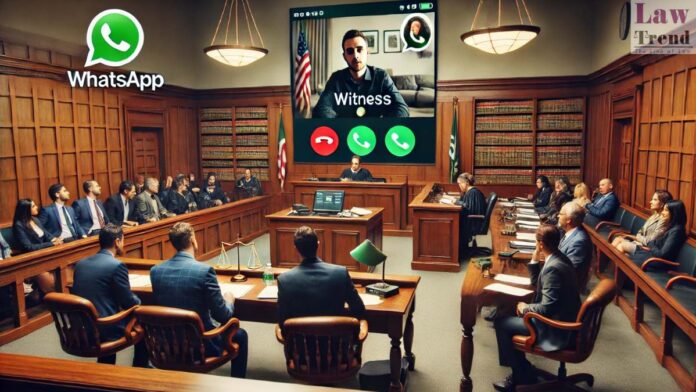In a landmark decision, the Punjab and Haryana High Court has permitted a US-based witness to testify via WhatsApp video call, setting a significant precedent for the use of modern communication tools in court proceedings. The Court, led by Justice Anoop Chitkara, ruled in favor of recording witness statements through WhatsApp video call, in light
To Read More Please Subscribe to VIP Membership for Unlimited Access to All the Articles, Download Available Copies of Judgments/Order, Acess to Central/State Bare Acts, Advertisement Free Content, Access to More than 4000 Legal Drafts( Readymade Editable Formats of Suits, Petitions, Writs, Legal Notices, Divorce Petitions, 138 Notices, Bail Applications etc.) in Hindi and English.




